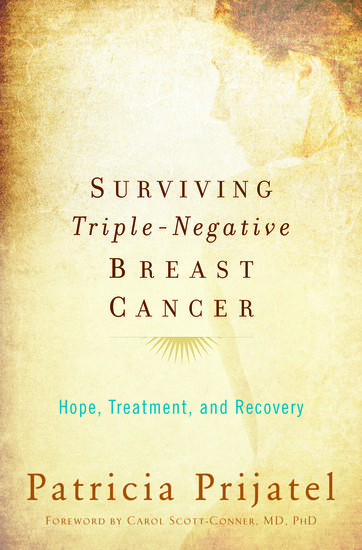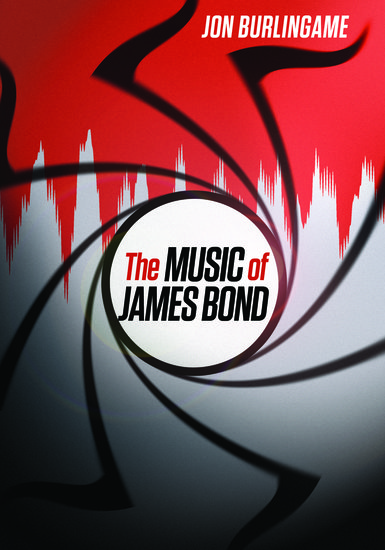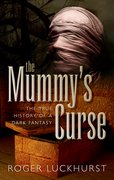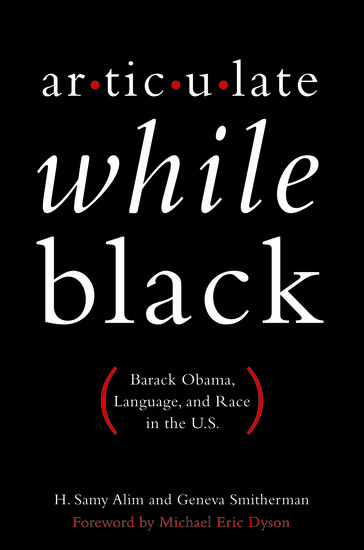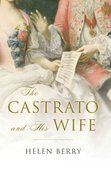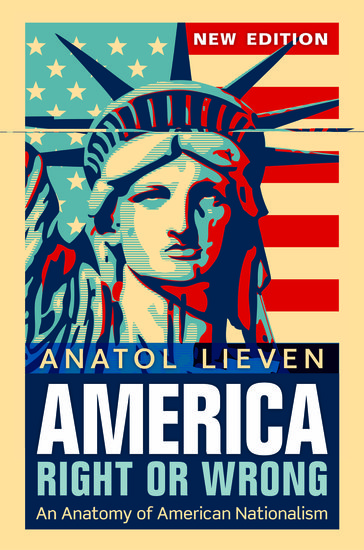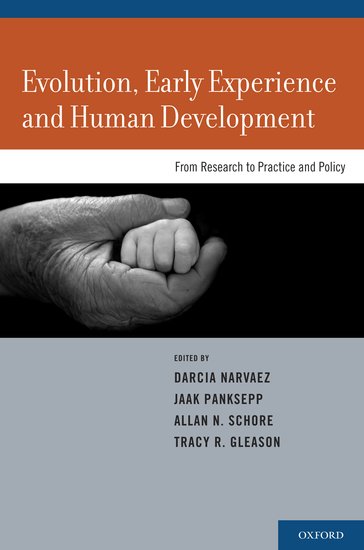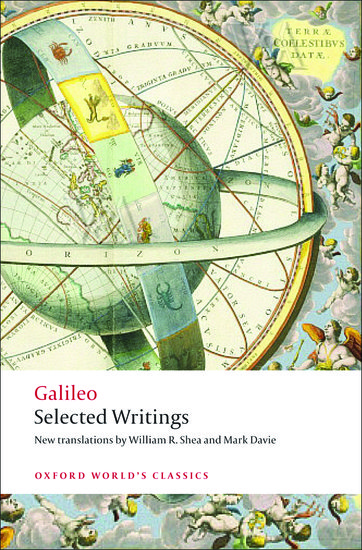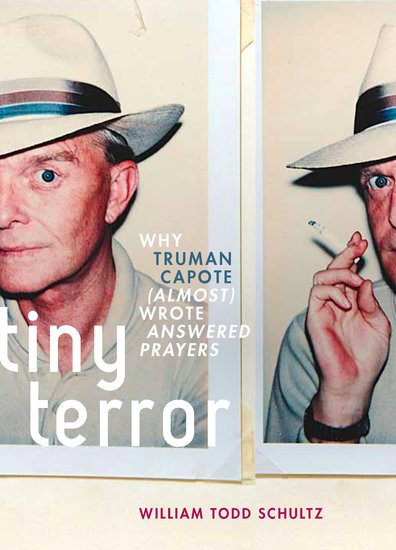Fighting Triple-Negative Breast Cancer
According to Breastcancer.org, about one in eight U.S. women will develop invasive breast cancer over the course of her lifetime. It is a complicated disease that takes different forms — one of the most confounding being Triple-Negative Breast Cancer. Patricia Prijatel, a nationally published magazine writer and an award-winning teacher, was diagnosed with Triple-Negative Breast Cancer (TNBC) in 2006.

